With me writing about ‘Gilmore Girls’, particularly about the bad, toxic and neglectful parenting that we see on the show that had to do with wealth and status, I was reminded of a more recent show, and that’s ‘Home For Christmas’. It’s a Netflix original series originated from Norway , first aired in 2019 and lasted two seasons. Two remakes were made of the show, coming from Italy and South Africa. The Italian version of the show was titled ‘I Hate Christmas’, whereas the South African version was titled, ‘Yoh! Christmas’. It was recently announced that the Norwegian version of ‘Home For Christmas’ would be coming back for a third season in 2025, and I, for one, have opinions about that.
For you to have a little bit of context into what I’m even talking about in the first place, I think it’s important to understand what the series is about and why I have so many feelings towards it. As Netflix put it in their platform’s description of the series, ‘Home for Christmas’ follows ‘perpetually single Johanne — tired of the constant comments on her relationship status — starts a 24-day hunt for a boyfriend to bring home for Christmas.’ Mind you, she’s a 32 year old woman when the series commences. She’s just broken up with her long-term boyfriend and is the only single person at her family Christmas function.
As she begins her 24-day hunt to find a boyfriend to bring home for Christmas. Johanne meets and unexpectedly falls in love with a 19 year old, Jonas. It seems like too much of an age difference for Johanne to be falling in love with someone as young as Jonas. But Jonas isn’t like any other 19 year old teenager. He’s smart, attentive, assertive and so caring. He’s much more mature than most 30+ year old men out there, which is why Johanne is so attracted to him. As much as she tries to deny her feelings for her much younger flame because she almost feels embarrassed for having such deep feelings for a literal teenager, she can’t. She goes to him to a club he frequents with a cake to tell him she wants to be either him and doesn’t care for his age difference, but she comes to find him dancing and getting cozy with another girl, a girl that’s more his age.
Though Johanne still tells Jonas she wants to be with him, he rejects the idea is he feels that it would be unfair to her. It was actually a very mature rejection, a much more mature rejection than would come from any man in his 30’s. It was direct, and yet polite and filled with depth to it. Johanne tearfully leaves, but before she does, she asks him, ‘Why do you have to be so great?’ And she’s absolutely right, he IS great. Following the breakup, we see Johanne celebrating Christmas with her family, but no guy insight. Nevertheless, she gets a a special present delivered to her door – an enormous bouquet of roses. Though, it was never revealed who the flowers were from.
And because the delivery was anonymous, another one of Johanne’s suitors, her co-worker, Dr. Henrik, who comes to visit her home after Johanne’s patients (she’s a nurse) passes away, falsely claims that the delivery was from him. Johanne is touched. The two kiss, and that marked the end of the first season of ‘Home For Christmas’. The second season of the series starts off with Johanne and her co-worker still in a relationship a year later, also about a month before Christmas. But then, the co-worker is caught cheating, so Johanne breaks up with him. With that being said, Johanne finds herself single yet again and on another hunt to find a boyfriend for Christmas to bring home.
During one of her dates with a man her age who doesn’t seem to bring much appeal to her, Johanne runs into Jonas. He’s at the same restaurant as Johanne to spend time with his family as he’s reunited with them after he left for a round trip for a year. They happily embrace and briefly catch up, and as she’s about to leave the restaurant with her date, she sees Jonas from a distance being the oh-so-affectionate himself with his younger family members. Johanne finds herself smitten by him just as she was a year prior. As much as she tries to deny her feelings for Jonas, her feelings become too strong for her to avoid, and they even become stronger when she sees him care for his friend when he’s hospitalized at the same hospital she works at.
Despite her hesitations to be romantically involved with a man so much younger than her, Johanne still invites him over to her place for a little get together she’s having with her friend, as well as her neighbour and his daughter who she finds out have no Christmas plans of their own (this little detail is important to remember for later). It’s there that Jonas sees the bouquet of roses hanging on her wall, and he reveals that it was him who sent the flowers. He says that he sent them to apologize for the way he acted when he rejected her the year prior. Johanne’s friend and roommate, Jørgunn, previously told her that whoever sent her that bouquet of roses was her ‘Prince Charming’.
But Jonas wasn’t supposed to be a her ‘Prince Charming’. He was only meant to be a fling; a one night stand. She initially met him online and only agreed to meet with him for sex, a night of meaningless and passionate sex. Johanne has trouble, yet again just like she did the year before, accepting the fact that she was even attracted to someone as young as Jonas. When the annual Christmas dinner with her family finally happens, Johanne is yet again alone. Jørgunn, who has now moved out and away from Norway altogether for her boyfriend, calls Johanne to wish her a Merry Christmas. During the call, she asks Johanne about Jonas. Johanne hangs up the phone after having trouble answering questions about her true feelings that came from her friend.
Johanne’s father then asks Johanne how she feels when she’s around Jonas. She says it doesn’t matter because he’s so much younger. Without hesitation or concern, he asks again, how she feels when she’s with Jonas. She answers again, except this time she answers truthfully. She says he makes her feel safe, like she doesn’t have to try to be herself when she’s around him. and that he makes her feel like home. Her dad lovingly tells her that if she feels so much love for someone, she should go for it; that she shouldn’t care about the age difference, and that she most certainly shouldn’t care what others might think of the relationship. With this newfound realization of just how much she loves Jonas, she leaves her family to be and goes to the hospital where she knows Jonas is there to care for his friend. Without skipping a beat, no matter who asked questions on why she’s at work on Christmas, She finds Jonas by the Christmas tree and tells him how she feels. He smiles, tells her he’s missed her, and kisses her. They’re now finally in a real relationship.
The Italian version of the series, ‘I Hate Christmas’, though very similar, has very different circumstances. The first season is practically identical, yet the second season, especially the second half of it is entirely different. Johanne’s Remember the neighbour and his daughter who came to Johanne’s pre-Christmas dinner celebration that I previously mentioned? They only appear briefly in ‘Home For Christmas’, and yet they both have much bigger, and more significant, roles in ‘I Hate Christmas’ the Italian remake of ‘Home For Christmas.’ In fact, he’s Ginna’s, the Italian version of Johanna, main love interest that she ends up with in the end.
I watched ‘Home For Christmas’ by myself, and then ‘I Hate Christmas’ with my husband. He absolutely loved the concept of the first season. I remember only starting ‘Home For Christmas’ because I just assumed he wouldn’t like it and didn’t want to ‘torture’ him by sitting through an entire Christmas show with me, but I seriously underestimated him. When we finished the second season of ‘I Hate Christmas’, I told him of the original Norwegian version of the show and how it ended. He said that the ending of the Italian version of the series made more sense, because what 32 year old person would ever want to have anything to do with a 19, 20 year old kid? I utterly disagreed with him. In fact, I was disappointed with the ending of the Italian version of the series, and I was waiting for Ginna to end up with Davide, the Italian Jonas.
I want to go back to season 1 of ‘Home For Christmas’ as I feel it establishes who Jonas is as person; shows us who he is and how’s become who he is. When he and Johanna meet for their ‘sex-filled date’ we see him living in a nice house that’s obviously not his. When he and Johanna spend time together the morning after their what was initially supposed to be a one night stand, Jonas treats her to breakfast, and still, they’re alone; no parents in sight. It’s such a small detail on the show. And yet, it’s the most important one in building Jonas’ character arc. To me personally, this little detail told an entire story on who Jonas is as a person. He’s someone who doesn’t have much parental guidance in his life because his parents are mostly away from home working and leave Jonas alone to care for himself. With that said, he was left to practically raise himself and live an adult life early on. Parental guidance isn’t just about providing monetary care. It’s also about providing emotional and mental care for your children. It’s also about providing age-appropriate freedom. We heavily discussed this in the previous 3 blog entries here about ‘Gilmore Girls’.
In fact, monetary care, though important as well, is last on the list of things children need from their parents. First on the list is emotional care. More than anything, kids need to be provided with emotional and mental support from an early age, and they need it most from their parents. Without it, they will, not might, but WILL struggle with issues such as self-esteem, resilience, and the ability to manage their emotions. And if they’re not being provided with it from an early age, as adults, they will experience anxiety, depression, as well as low self-worth. More so, the lack of a parent providing emotional guidance to their kids affects the kids in the following ways:
- apathy
- failure to thrive
- hyperactivity
- agression
- developmental delays
- low self-esteem
- substance misuse
- withdrawing from friends and activities
- appearing uncaring or indifferent
And when kids face a lack of emotional and mental support from their parents, they will most likely experience the following in adulthood:
- post-traumatic stress disorder
- depression
- emotional unavailability
- increasing likelihood for an eating disorder
- shunning intimacy
- feeling deeply, personally flawed
- feeling empty
- poor self-discipline
- guilt and shame
- anger and aggressive behaviors
- difficulty trusting others or relying upon anyone else
These two particular lists are based on what Timothy J. Legg, PhD, PsyD wrote in an article for healthline back in 2019. In my previous 3 posts about ‘Gilmore Girls’ I heavily discussed how Lorelai and Rory experienced all these things as adults due to the emotional neglect from their parents as children, as well as adults. Lorelai experienced this at the hands of her mother, Emily. Rory experienced this at the hands of her father, Christopher. We didn’t know Lorelai and Rory as kids. But we knew them as adolescents and adults, and when we realize what they’d both gone through on the show and see their respective backgrounds and relationships with their parents, we come to realize that their actions, or lack thereof, and their decision making came down to the parental emotional neglect that they’d experienced. It might’ve been perceived that ‘Gilmore Girls’ was a cute little show to watch endlessly on repeat during the winter months. In actuality, the entire show is practically all about the effects of parental emotional neglect, and that’s something I think you realize once you re-watch the show for the 100th time and REALLY try to analyze it to its core.
That very same 2019 article written by Dr. Timothy J. Legg states that parents who emotionally neglect their children may experience such things as:
- depression
- substance misuse
- mental health disorders
- anger or resentment toward their child
- a personal lack of emotional fulfillment
All of these pointers might be true. However, when it comes to my life, these 5 pointers aren’t reasons, but rather excuses. Let me explain… m You see, though my husband and I come from the same backgrounds, we lived totally different lives throughout our respective childhoods and adolescent years. I came from parents who gave me nurture, love, support and care. Privately, they went through financial burdens in my early life. At one point, their bank accounts were frozen because they just couldn’t pay anything back. And yet, despite all their financial burdens, I felt like I had everything in the world that I ever needed. I was rich in love. I didn’t need any materialistic things. I needed my parents to be present in my life, and they never failed at providing me the emotional and mental stability that I needed as a kid, especially considering the fact that I was a disabled kid.
My husband grew up in a household that looked very different than mine. He had his mother to give him the emotional stability that he needed, but his father wasn’t present. In fact, he told me a story about how when he was 3 years old, he went up to every man he saw at a park and asked, ‘Are you my daddy?’ His parents divorced when he was 15, his mother moved to a different country, and he decided to live with his father after he bribed him with a new bicycle. It was a decision my husband regretted for a long time. He didn’t feel he had the guidance and support one should be provided by their parents until he met me and became a part of my family. His father provided him with shelter and monetary gain, but nothing else; or at least nothing else that positive. Now, as an adult man who has his own family and his own life, my husband considers my dad to be his male parental figure, and he strives to be the father that he never had for our son. Instead of becoming like his own father and using any sort of excuse for a negative behaviour towards our son, he strives to break the cycle and instead be the best version of himself for our offspring.
And the reason why I’m sharing all this about my husband is that witnessing Jonas’ ways of living in ‘Home For Christmas’ reminded me so much of my husband’s life, as well as the lives of several men that I’d known personally with the same or similar life circumstances. Jonas’ story mirrored my husband’s in that he was alone in a big, big world. He might’ve been a 19 year old physically, but mentally, he was a man who was between 30 and 40 years of age. That’s why the relationship between Johanns and Jonas worked so well. They might’ve had a fairly big age gap, but mentally speaking, they were the same age. They were equal in their maturity and intellectual level. It’s not a controversial matter by any means. You just have to get to know and really understand the depth of Jonas’ story to see why Johanne was so attracted to him.
‘Home For Christmas’ ended on a good note – Johanna realized she shouldn’t hold back on her feelings just because she’s afraid of other people’s opinions on what’s right and wrong for her, just went with her gut. She chose herself. It wasn’t necessarily a love story between her and Jonas, but rather a story of a woman in her 30’s finally choosing herself and doing what feels right to her. News recently broke that the show will be coming back in 2025, and as the story goes, we’ll see Johanne as a 35 year old woman, single yet again and looking for a boyfriend to bring home for Christmas. I was so disappointed by the news that the show would be coming back as I truly believed it had the perfect ending. But as thought about it more and more, I realized that Johanne’s story might not have meant to end with a Hollywood-like ending.
This concept reminded me of Samantha Jones’ ending on ‘Sex And The City’ and what followed thereafter. The ending of the original series saw her finally give in to being in love; and not only be in love, but be in love with a younger man, after years and years of refusing to commit to anyone. She’d always been an independent woman, and she didn’t need anyone to fulfill her. She was adamant about that. Despite that, she had three significant relationships on the show. First, there was Maria, a surprise to everyone, then there was Richard, and then there was Smith. Smith was 28 years old when she first met him while she was in her 40’s. He was her waiter at a restaurant. He held that job to make ends meet while also being a struggling actor. Samantha took him under her wing and helped him work his way up.
Throughout his time on the very last season of the original ‘Sex And The City’ that Smirh, who’s real name was actually Jerry Jarrod and was changed by Samantha because…someone with the name Jerry Jarrod isn’t memorable, according to Samantha herself. Her plan for him obviously worked as he became a successful actor as soon as she took him under her wing. And even after him becoming a successful, well known actor that all women wanted, Smith only had eyes for Samantha. This alone said a heck of a lot about his character. He wasn’t using her for professional gain. Of course, it was beneficial for him, but it wasn’t why he was with her. He was with her because he genuinely loved her. Even her cancer battle and her not having a sex drive, which was very much unlike Samantha, couldn’t stop him from wanting to be with her.
In the very last scene between him and Samantha in the original series, Smith is seen embracing Samantha while she’s sleeping. He flew from his filming location to come to her. She wakes up, confused, and asks him what he’s doing there. He tells her he forgot to tell her he loved her. And that was the moment they had sex again for the first time in a long time. That was when the ‘flower bloomed’. All ‘Sex And The City’ fans know what I’m talking about. But that moment marked an entirely new beginning for Samantha and her romantic journey. That was the moment she finally gave in and allowed herself to be loved by someone else.
But their Hollywood-like ending in the original series just wasn’t meant to me. In the ‘Sex And The City’ movie, released in 2008, weeks saw that Samantha broke things off with Smith, all while delivering her best and powerful line in the entire franchise, ‘I love you, but I love me more. The break up happened because Samantha felt that she was putting a man’s needs first ahead of her own, and she needed to break free and make herself a priority. Though it was the end of their relationship, it was still a beautiful thing to witness, even if it was just on screen. It was even beautiful to witness how much Smith cared for Samantha when they weren’t together as a couple.
We never got to know Smith well enough. We never got to know his background or his family history. Therefore, it’s hard to distinguish whether or not he was a victim of emotional neglect as a child at the hands of his parents. Nevertheless, seeing his character arc on ‘Sex And The City’ mirrored the character arc that we saw developed in Jonas. These two men were living proof that a man’s emotional intelligence doesn’t come with age, but rather with intelligence and grace. That same intelligence and grace that we saw in Smith was something that Jonas had in himself on ‘Home For Christmas’, which made Johanne’s attraction to him all-that much more predictable. A 32 year old woman falling in love with a 19 year old man(?) might seem unethical at first glance, but not when you get to know the story of the relationship and the people involved to its entirety. Witnessing Johanne and Jonas falling in love was actually a beautiful thing.
I was pretty sad to hear the news that ‘Home For Christmas’ was coming back for a third season, and that we’d see Johanne be a single 30-something year old woman yet again looking for a man to bring home for Christmas. It seemed to me like a full circle moment. Couldn’t the woman just catch a break? Couldn’t we just dream that Jonas was the guy she was meant to end up with? But then again…being a partner of someone who’d survived emotional neglect as a child is…not easy, to say the least. I myself am a partner of someone who’d been emotionally neglected as a child, and I have numerous friends who are wives to men who’d been emotionally neglected as children. We connected through our shared tough experiences.
Emotional neglect is a form of abuse, and experiencing this at such a young age from the people closest to someone, in this case the parents, can lead to long-lasting effects. It can influence someone’s attachment style, a concept that was originated in the 1950’s by John Bowlby as part of the attachment theory. According to the theory, there are 4 attachment styles. These are:
- secure: healthy bonds that cause minimum distress
- insecure: relationships that may lead to great distress or friction
- disorganized (fearful-avoidant)
- avoidant (anxious-avoidant, dismissive)
- anxious (anxious-ambivalent, preoccupied)
Childhood emotional neglect is often associated with insecure attachment style, which means that this specific childhood trauma can lead to long-lasting effect that will resonate and show itself in romantic relationships. Research suggests that childhood emotional neglect is most commonly linked to adult anxious-avoidant attachment style in trust, self-resilience, emotional expression, and uncertainty. It’s not something to be taken lightly or as a joke. It’s a serious matter; one that needs to be analyzed and examined more and more in depth.
Emotional neglect is a form of emotional abuse, an experiencing this at such a young age can bring out long-lasting effects in adulthood – particularly in romantic relationships. The person that is a survivor of parental emotional abuse can see parts of their parents in their partner. Not because the partner had done anything wrong, but rather because the emotional neglect survivor sees their partner as the person closest to them – someone who can hurt them just like their parents, the closest people to them during childhood, hurt them. In romantic relationships as adults, specifically, signs of emotional neglect include:
- routine miscommunication or lack of communication
- feeling lonely in the presence of your partner
- inability to comfort others or be comforted during times of distress
- avoiding topics that might lead to emotional conversations
- preferring to be alone or do things alone
- acting without consideration of the other person
- avoiding emotional intimacy or moments of affection
- using the silent treatment to express your disagreement
With all that being said, as sad as I was to find out that Johanne’s relationship with Jonas wouldn’t work out, it wasn’t surprising. In fact, their eventual break up almost seemed inevitable. Being the partner of someone who’d been emotionally neglected children can put a lot of pressure on the other person. My husband and I certainly had our up and downs in our relationship because of his trauma. But what made me want to stay was his endless will to work on himself and be the best version of himself – for himself, for me and our relationship, and now for our son.
And maybe Jonas was still reeling from his trauma of being emotionally neglected at such a young age. Maybe Johanne felt like she was under too much pressure to be with someone who’s still going through the notion. No matter the case, their relationship, and their journey to getting there was mesmerizing, and their break up doesn’t mean that their relationship was a complete waste of time, like Carrie said of her relationship with Berger on ‘Sex And The City.’ On the contrary, it means that it people are still people, and sh*t happens. Some things aren’t meant to last forever, and that’s okay. ‘Love is unconditional. Relationships are not’ – Wm. Paul Young.
Our Most Popular Posts
Sign up to our newsletter if you want to see more content from The Graceful Boon! By signing up to our newsletter, you'll get an even more in-depth content from yours truly, Stacie Kiselman, who's our Graceful Boon, that you won't want to miss out on.

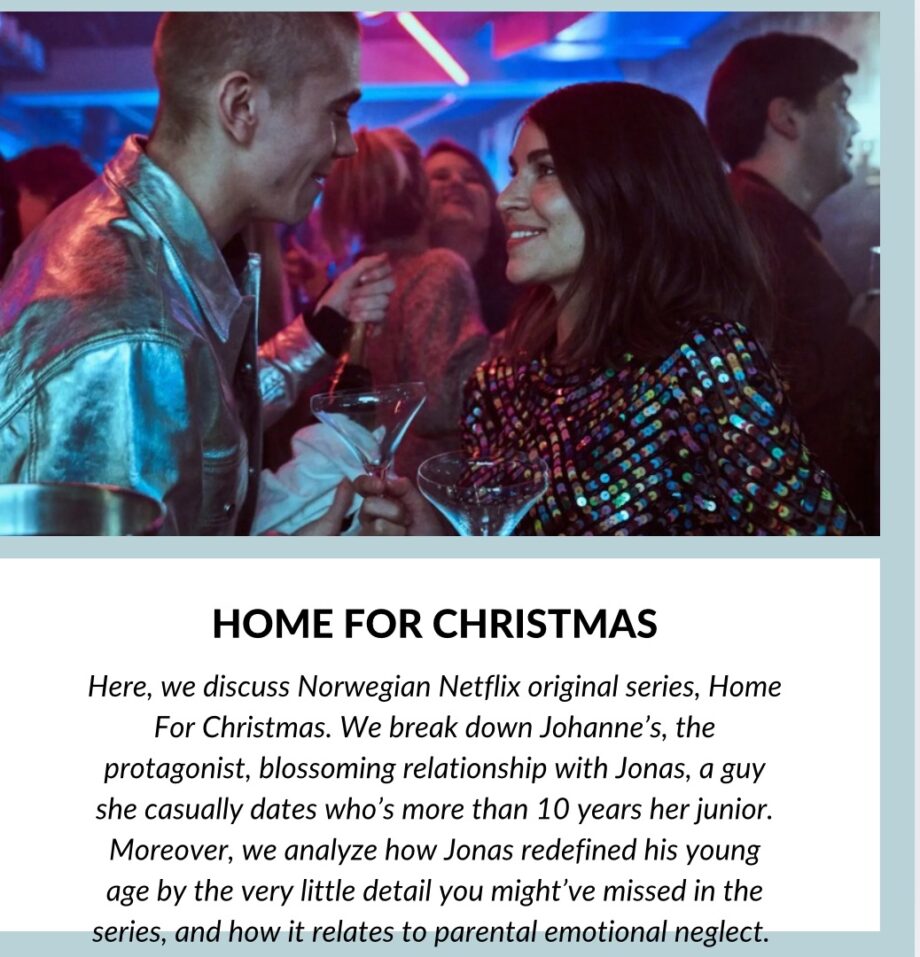

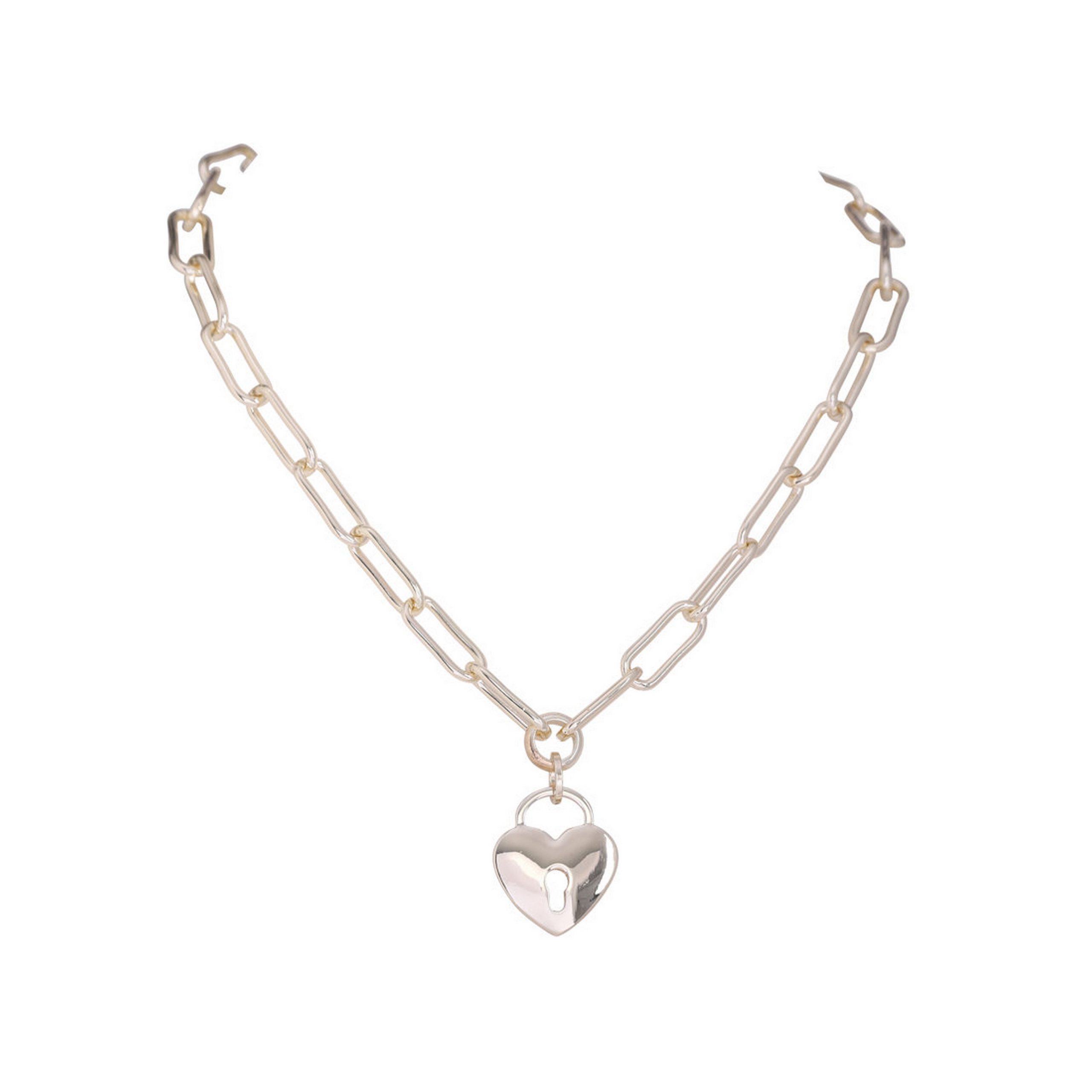

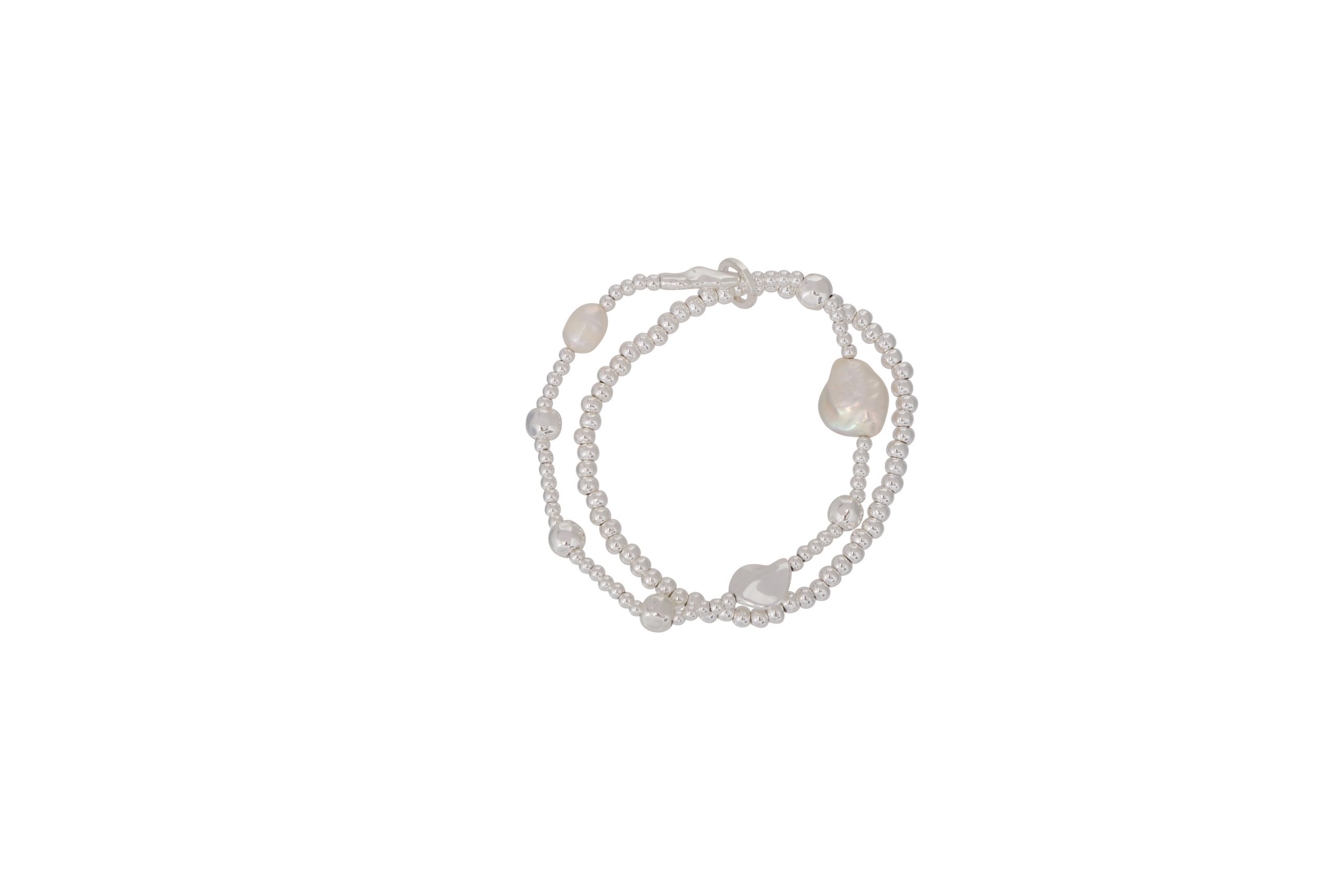

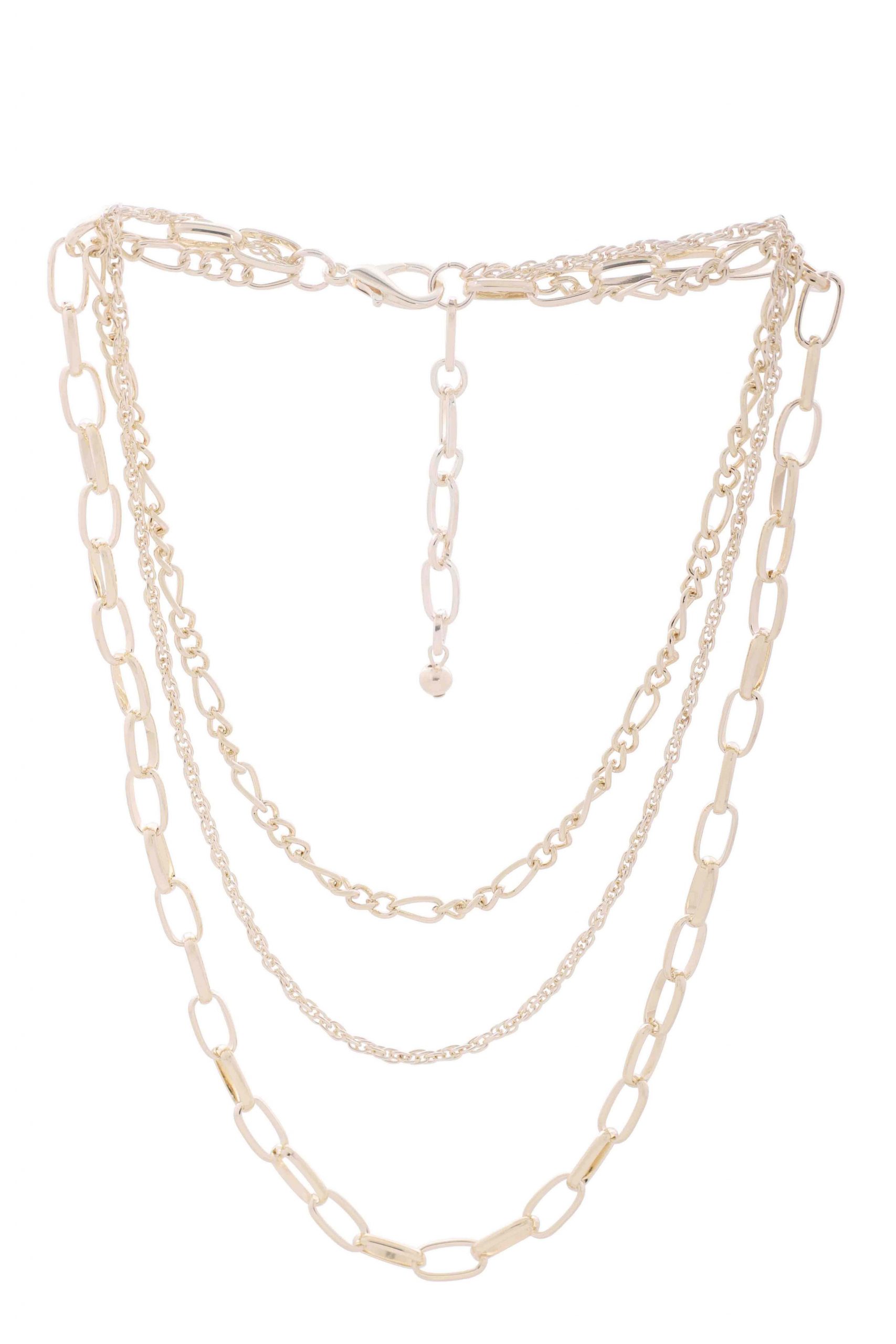
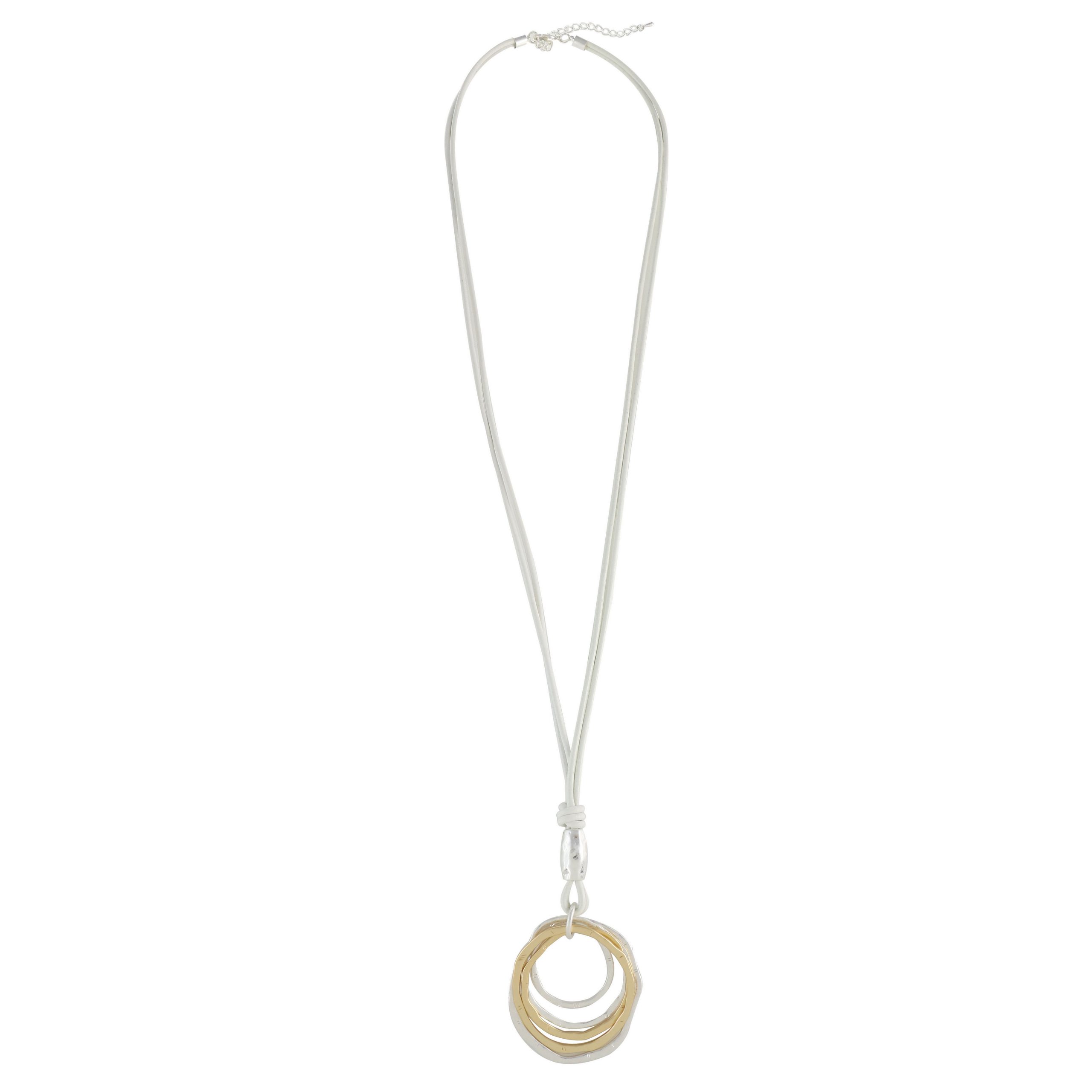
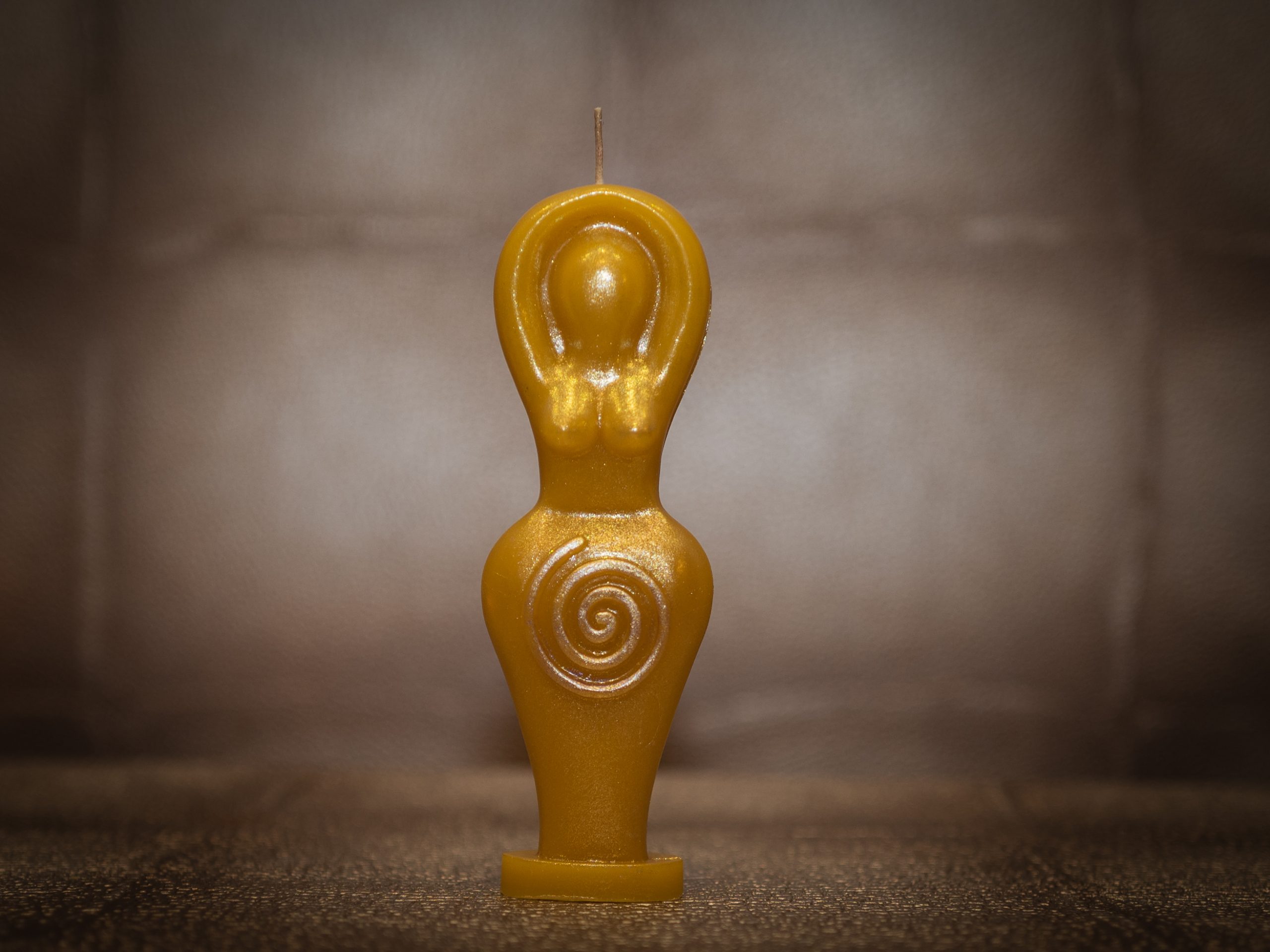


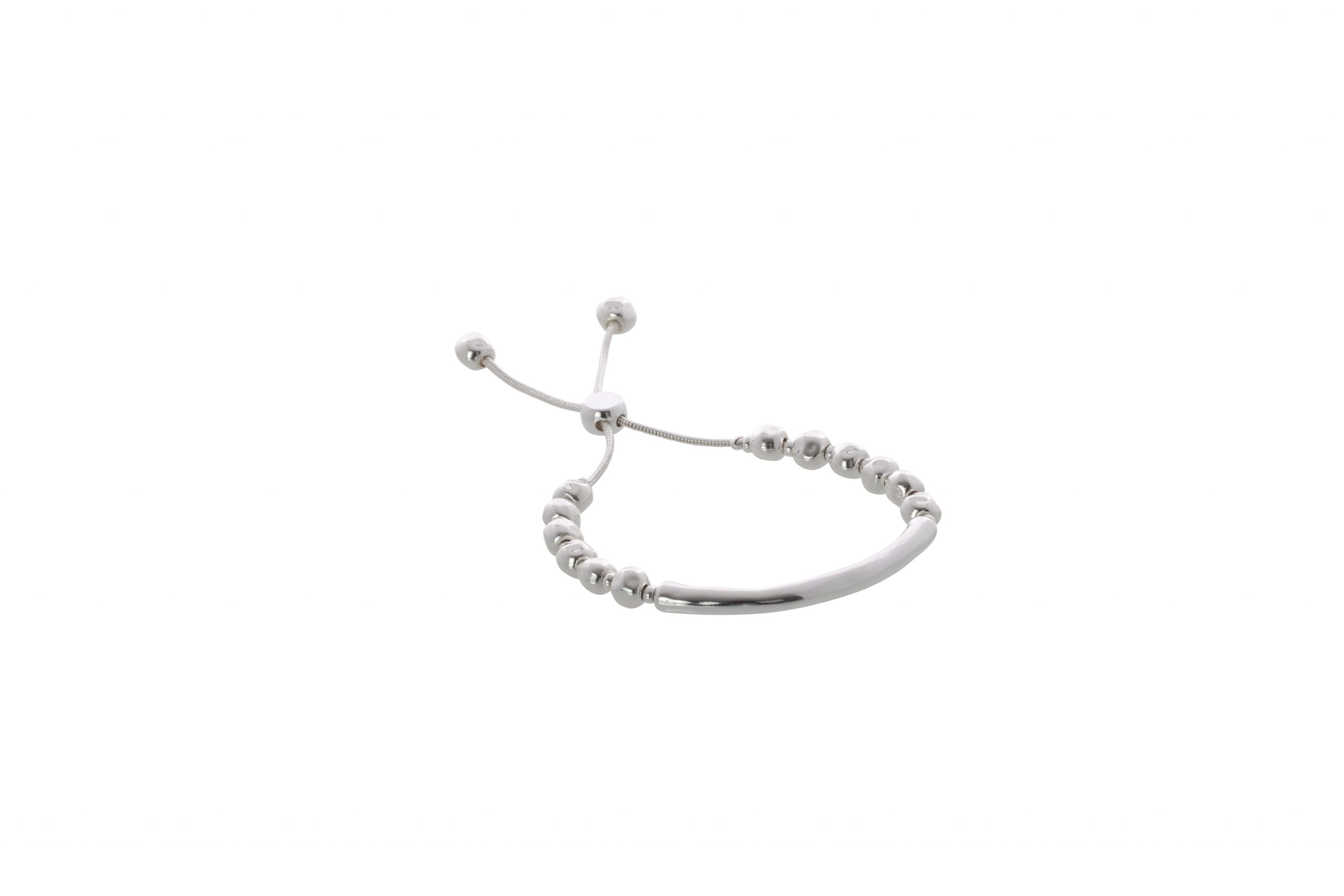


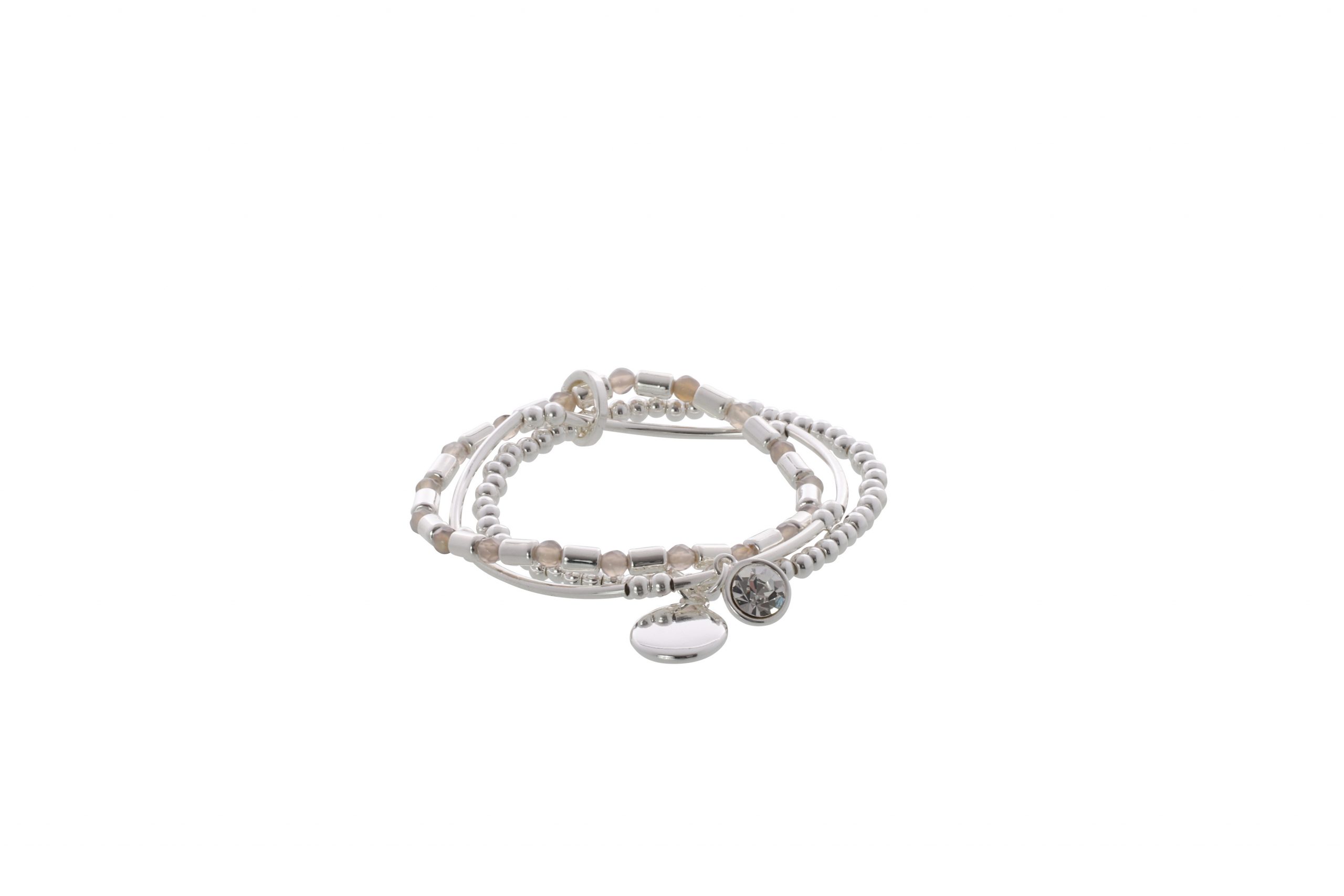
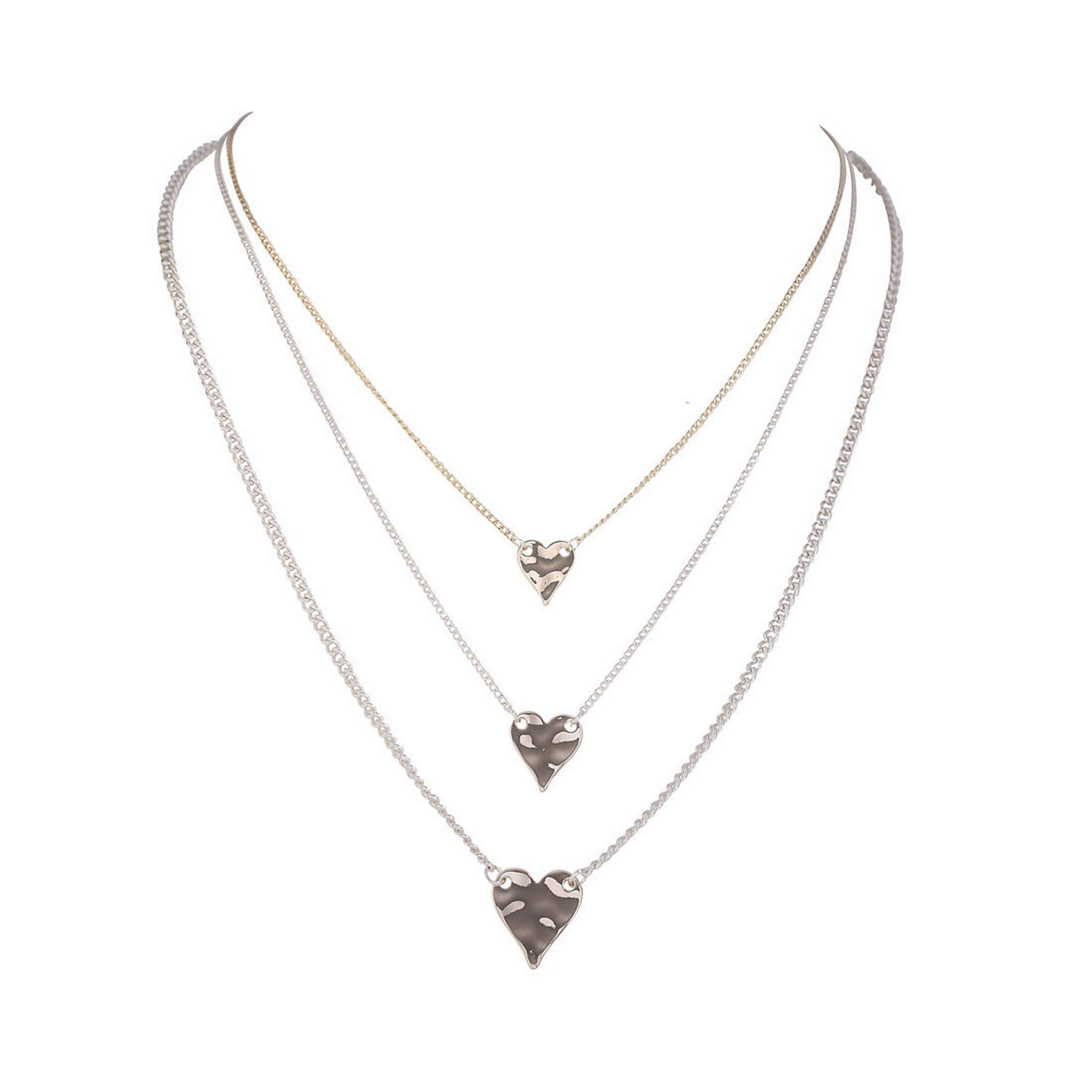

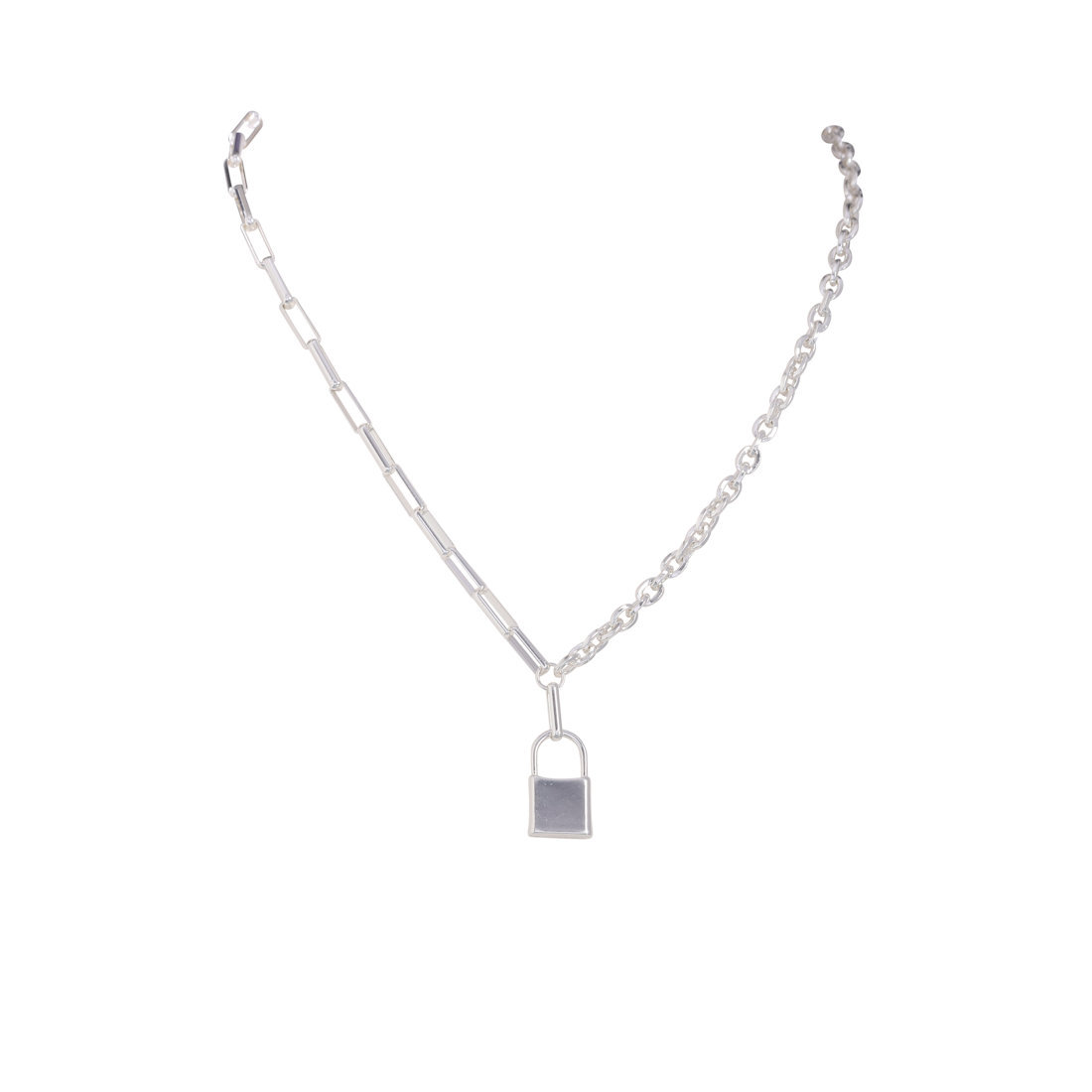


I am going to check this out. I am not sure if this is available in our region but I think it is pretty interesting. I am also glad that they tackled/ showcases an important mental health issue.
This is such an insightful dive into this show. I haven’t seen it yet but am intrigued to try it. I can relate to some of the plot here from my younger years!
I haven’t seen this yet, but I’ve heard a lot of people talking about it. This makes me want to go watch it.
I have seen this on Netflix but have yet to watch it. Maybe I will do it over the weekend especially since I read your post today.
Did not know about this show. Seems interesting and heartfelt. Slating this for my weekend watch. Thanks for such cool recommendations.
Sounds like a great show. Those age conflicts arise and sure are difficult. Thanks for the analysis.
Wow, I love the deeper insights that you provided to this. While I’ve seen it before, I hadn’t looked at it through exactly this lens.
I’ve been trying to find some movies that my husband may be interested in and this might be a good one! He’s kept very busy with our business so I’m trying to push him to relax more, so I appreciate this recommendation! We’ll try it out!
This analysis dives deep into the emotional complexities of the characters’ relationship. The connection between childhood emotional neglect and their struggles makes the story even more compelling and thought-provoking.
The way this story explores Johannes and Jonas’s dynamic feels like peeling back layers of a story that’s both unique and universal. I found myself nodding along, especially when it dove into how childhood emotional neglect can cast such a long shadow over our adult connections—it’s something we don’t often talk about enough.
I completely agree that Jonas’ maturity and kindness stood out in such a unique way, especially compared to typical portrayals of younger characters in these kinds of stories. Now I’m even more excited to re-watch this!